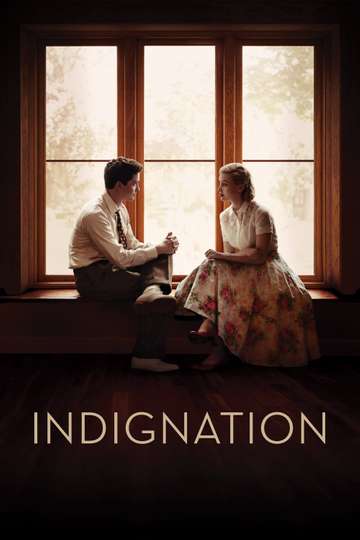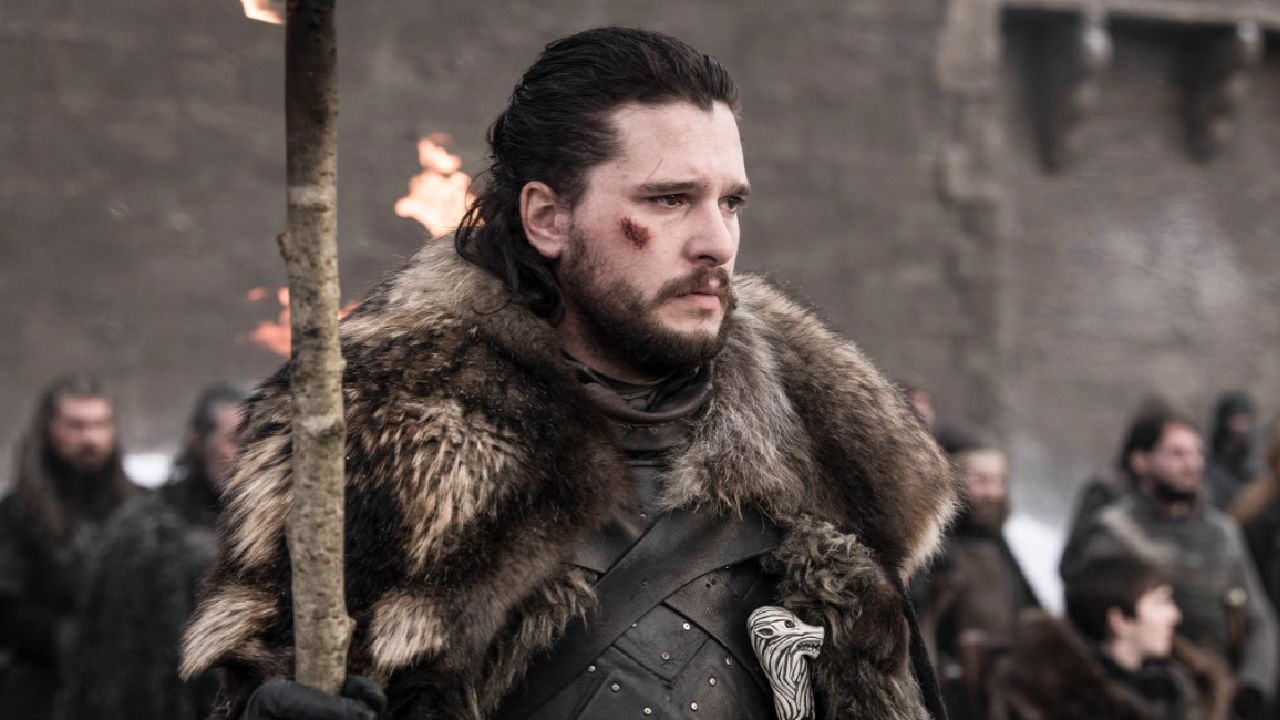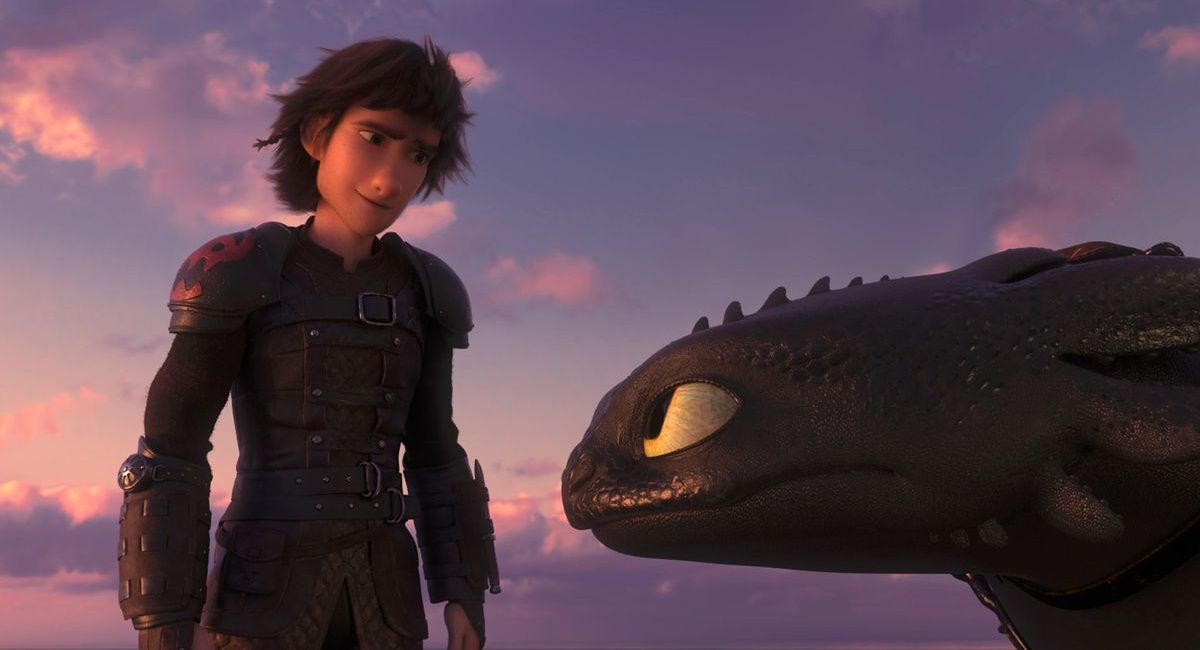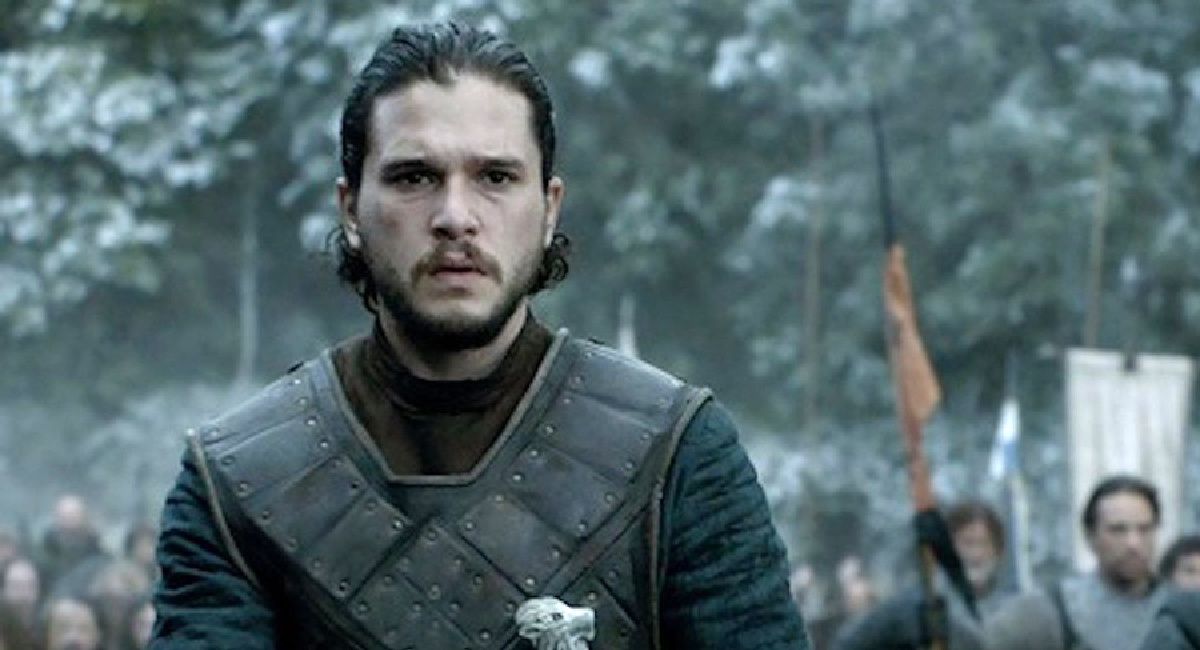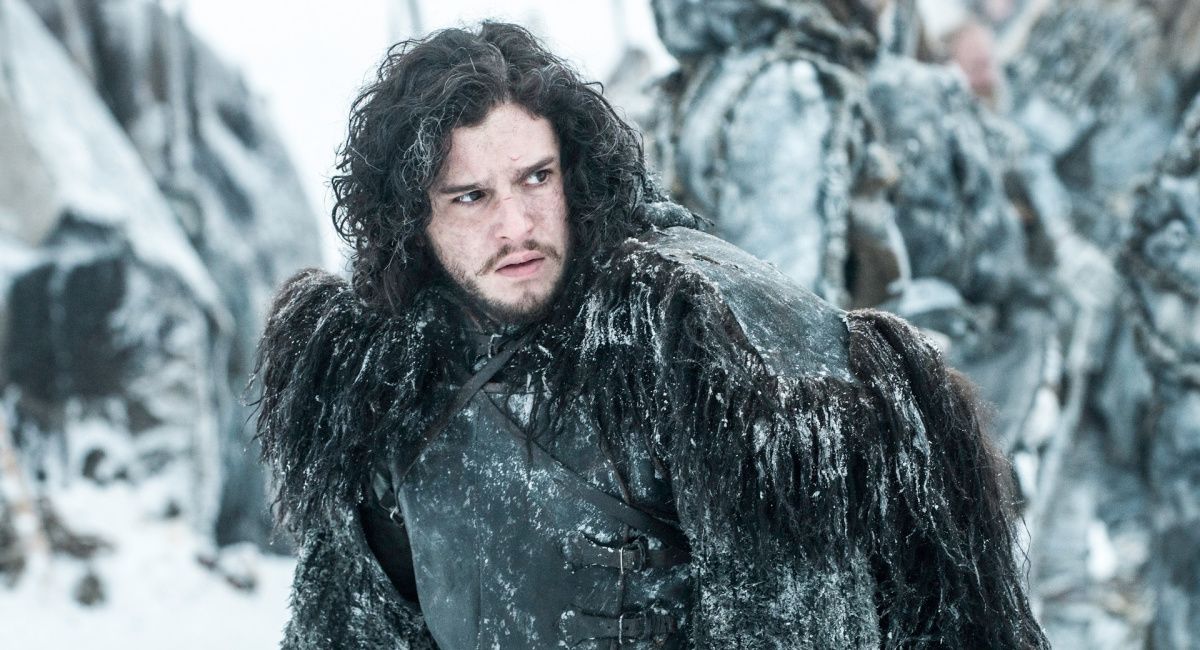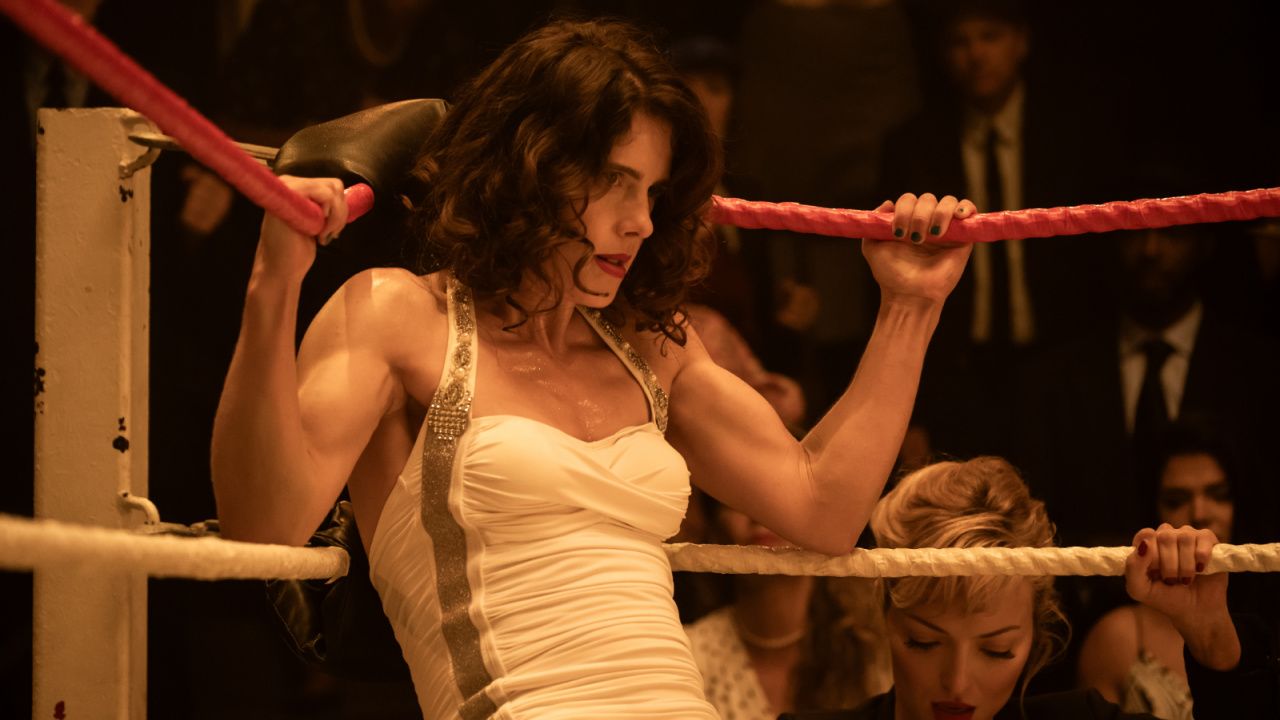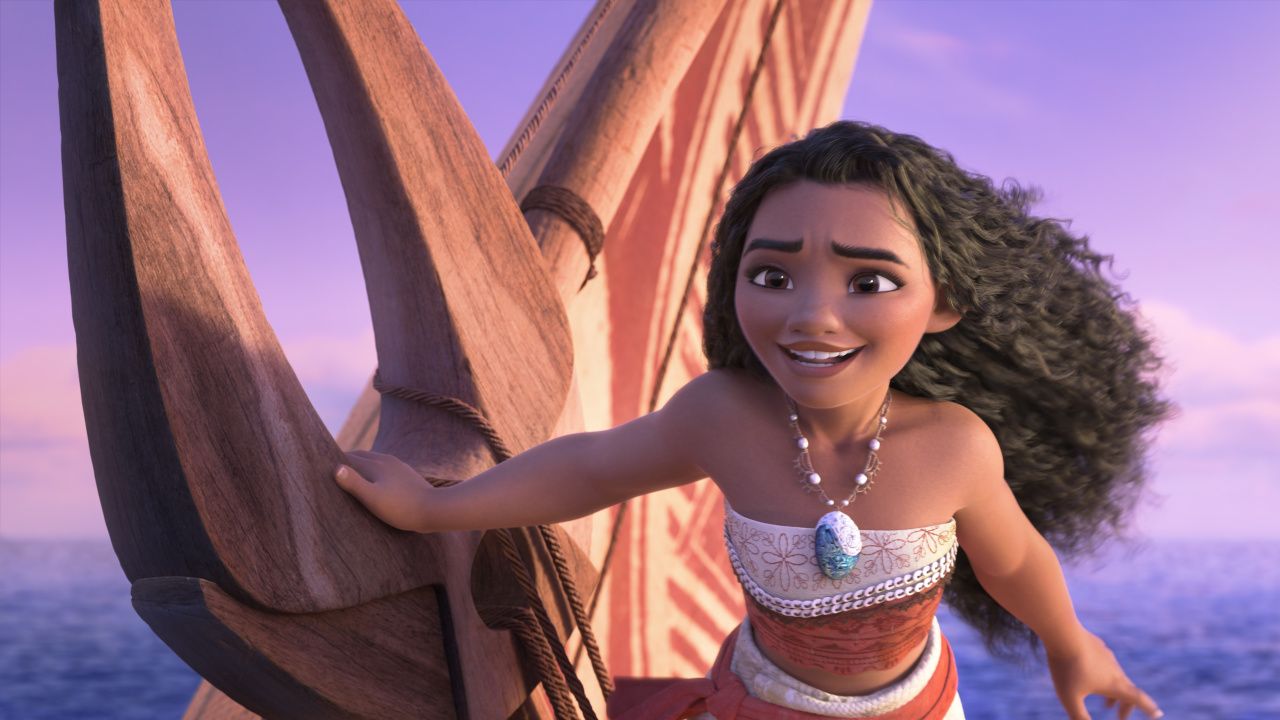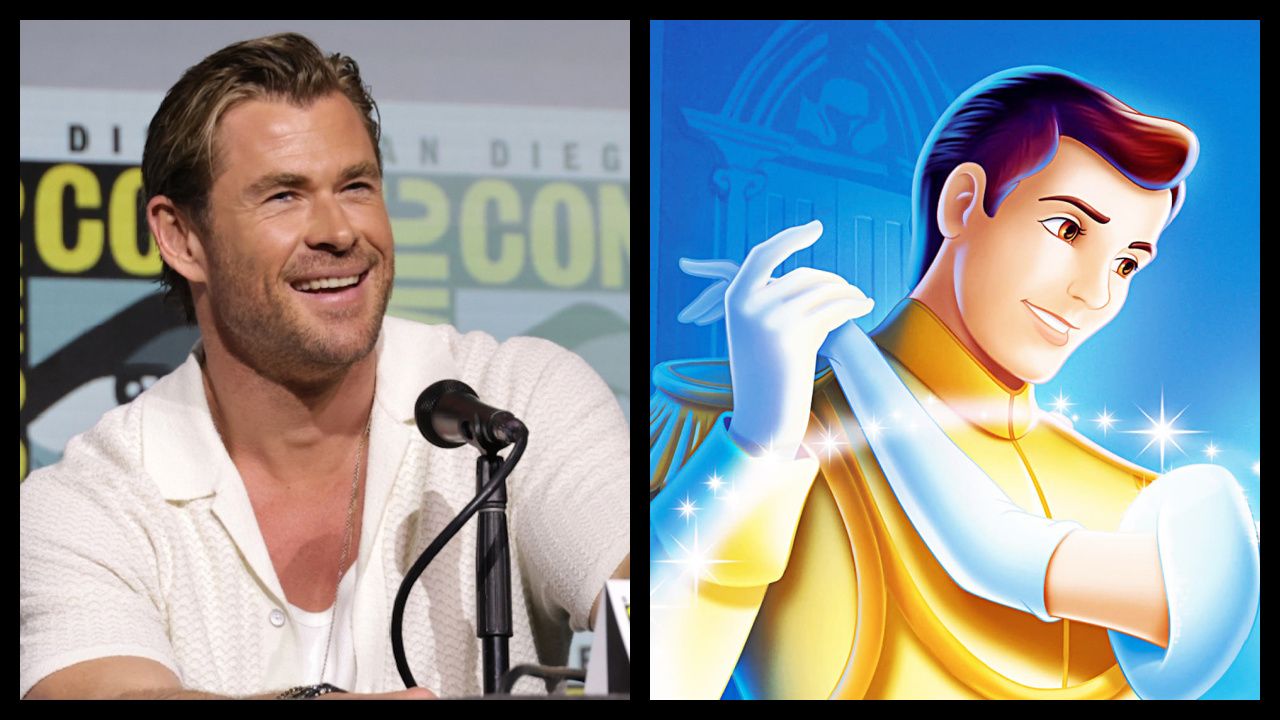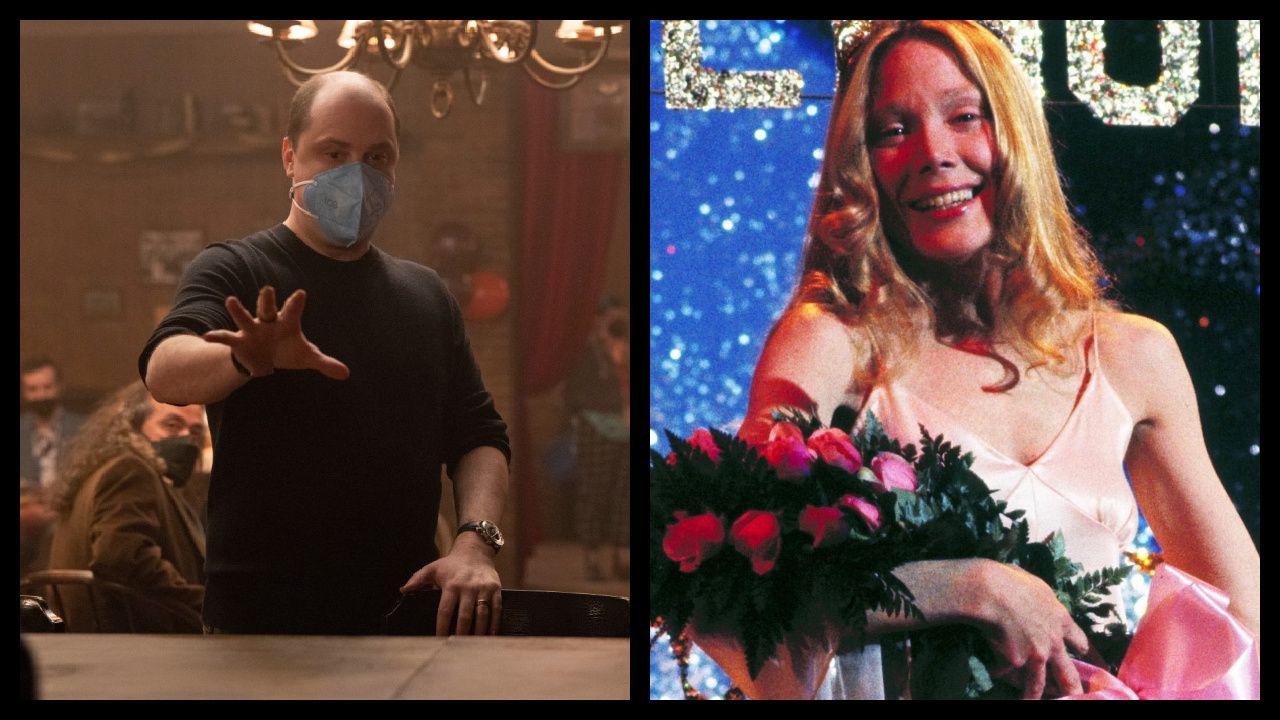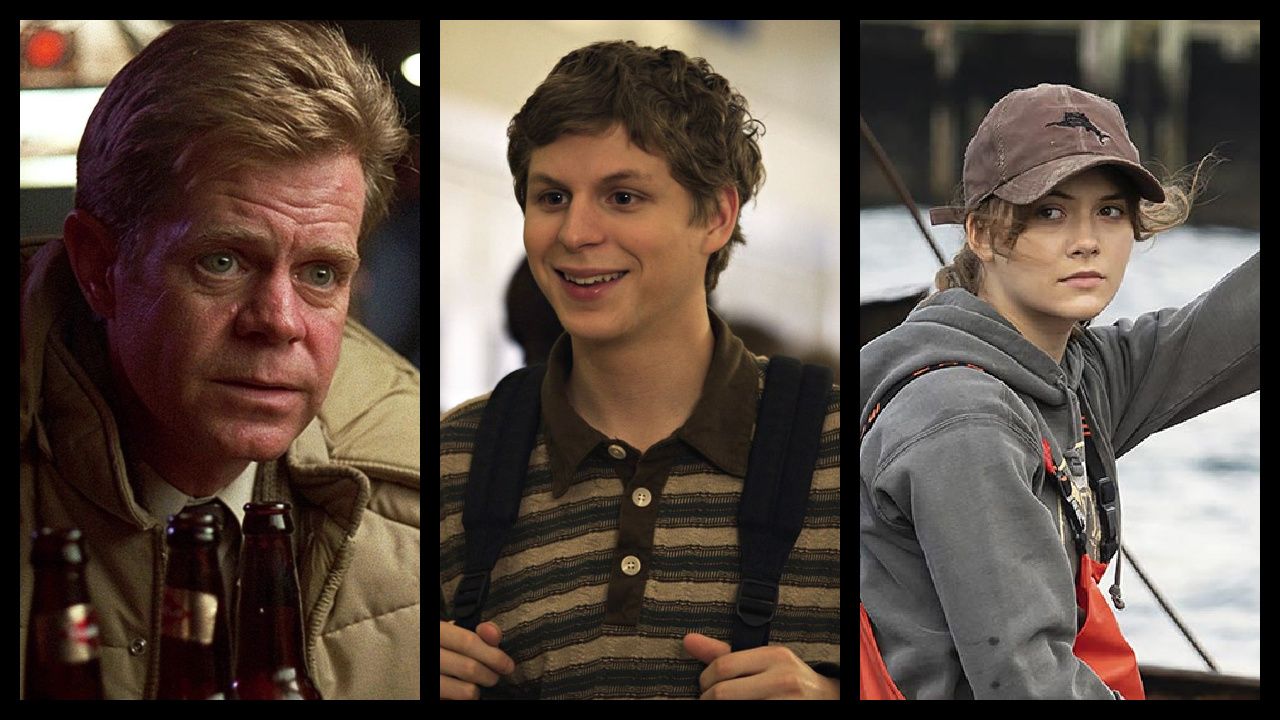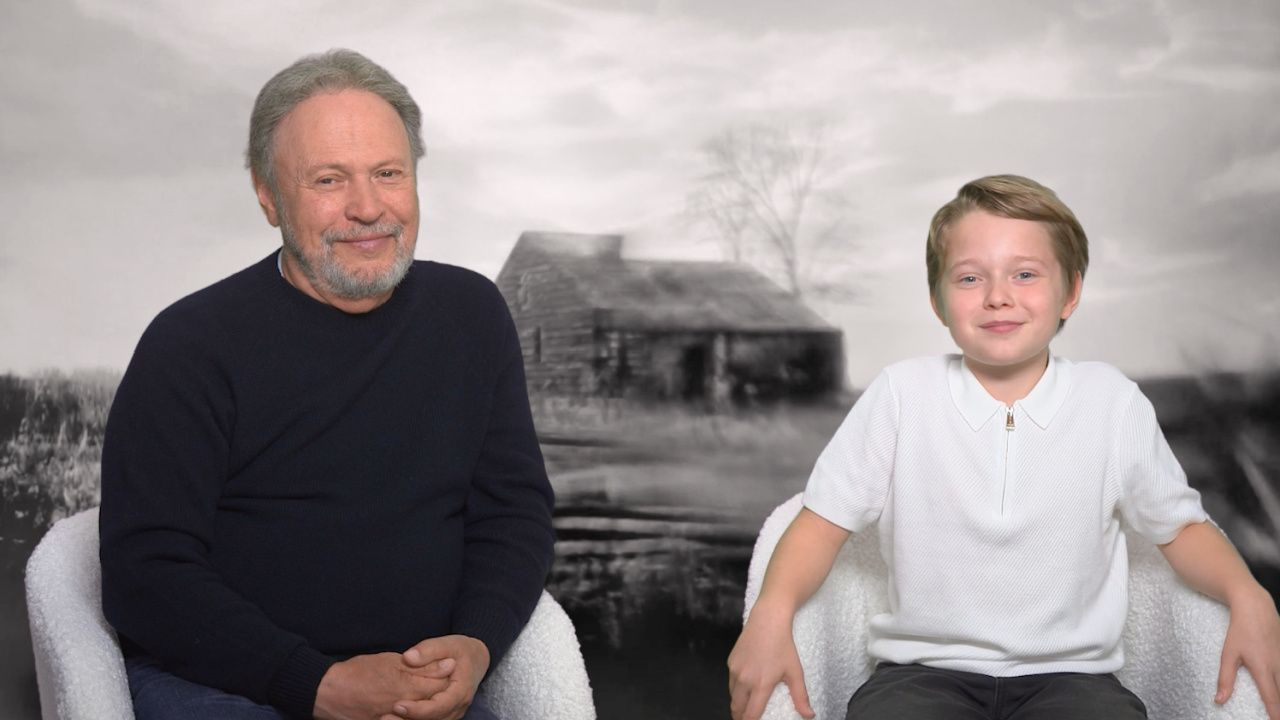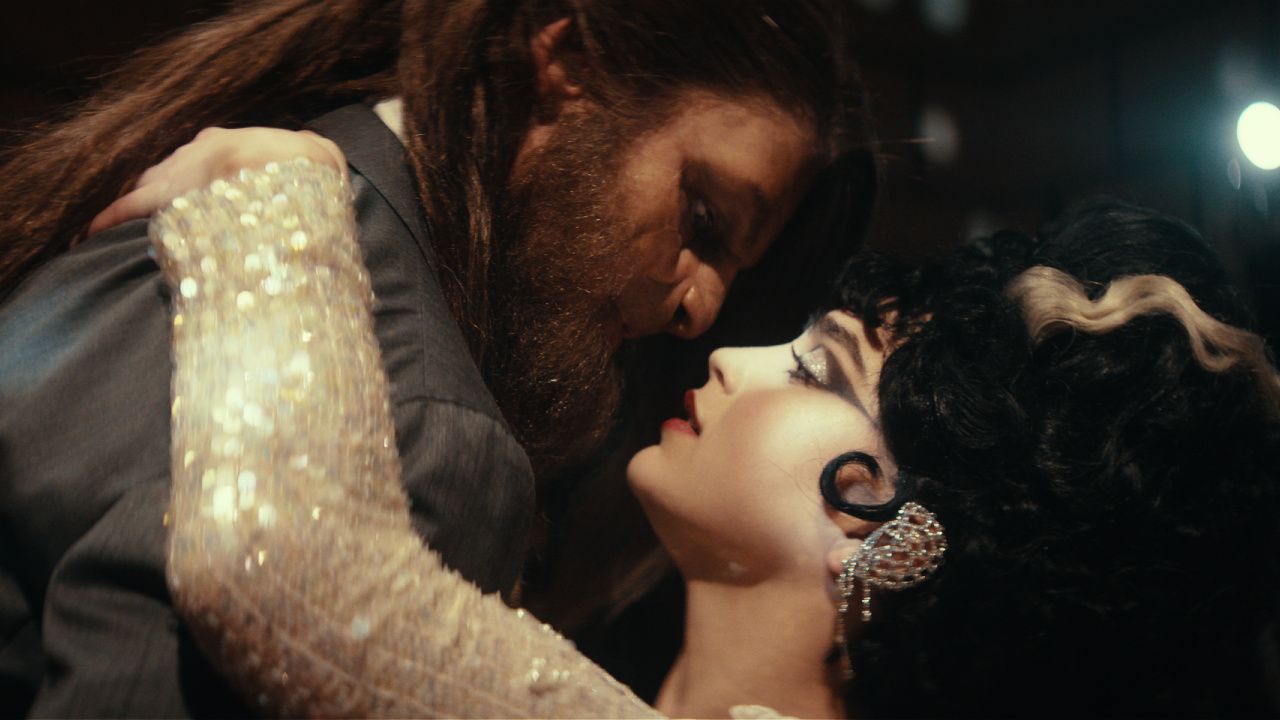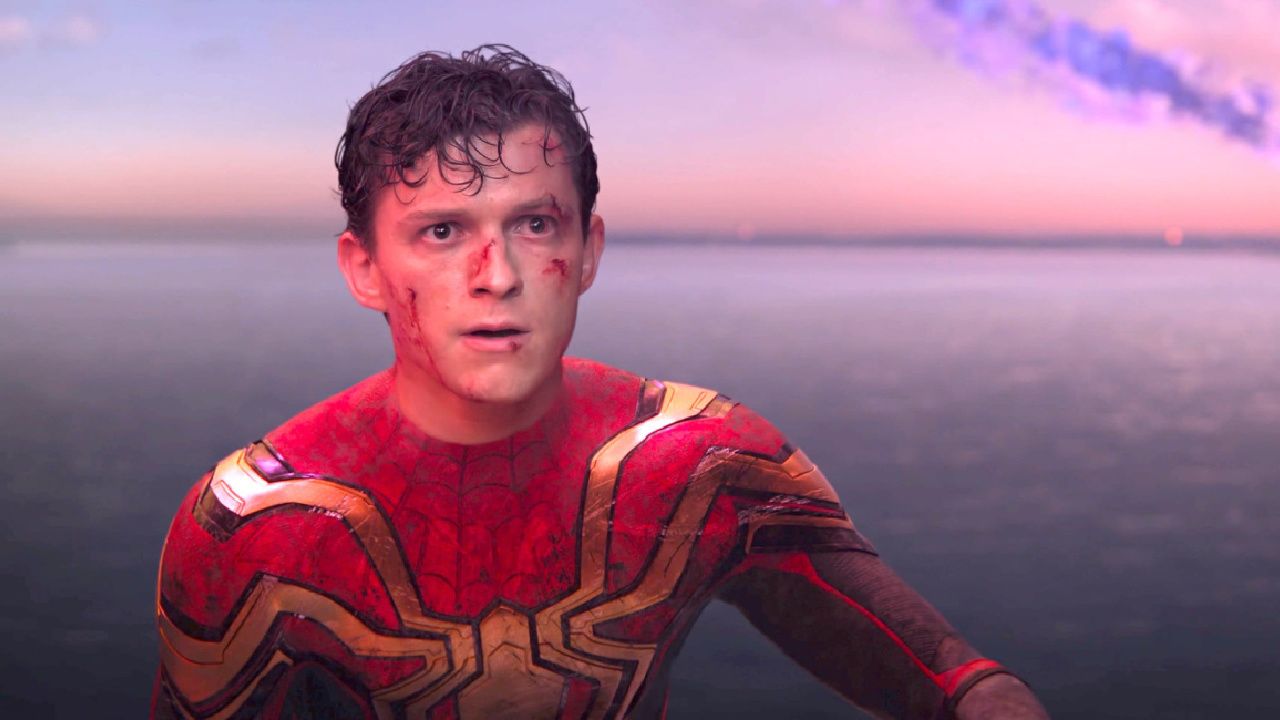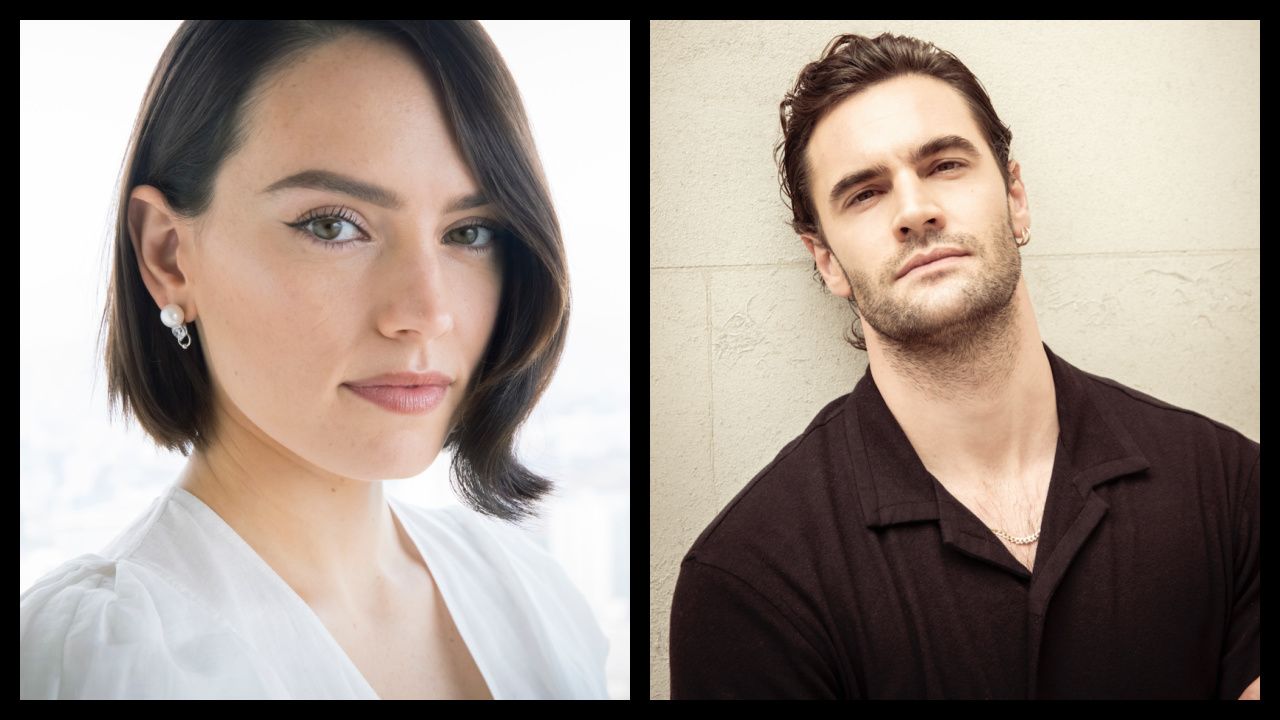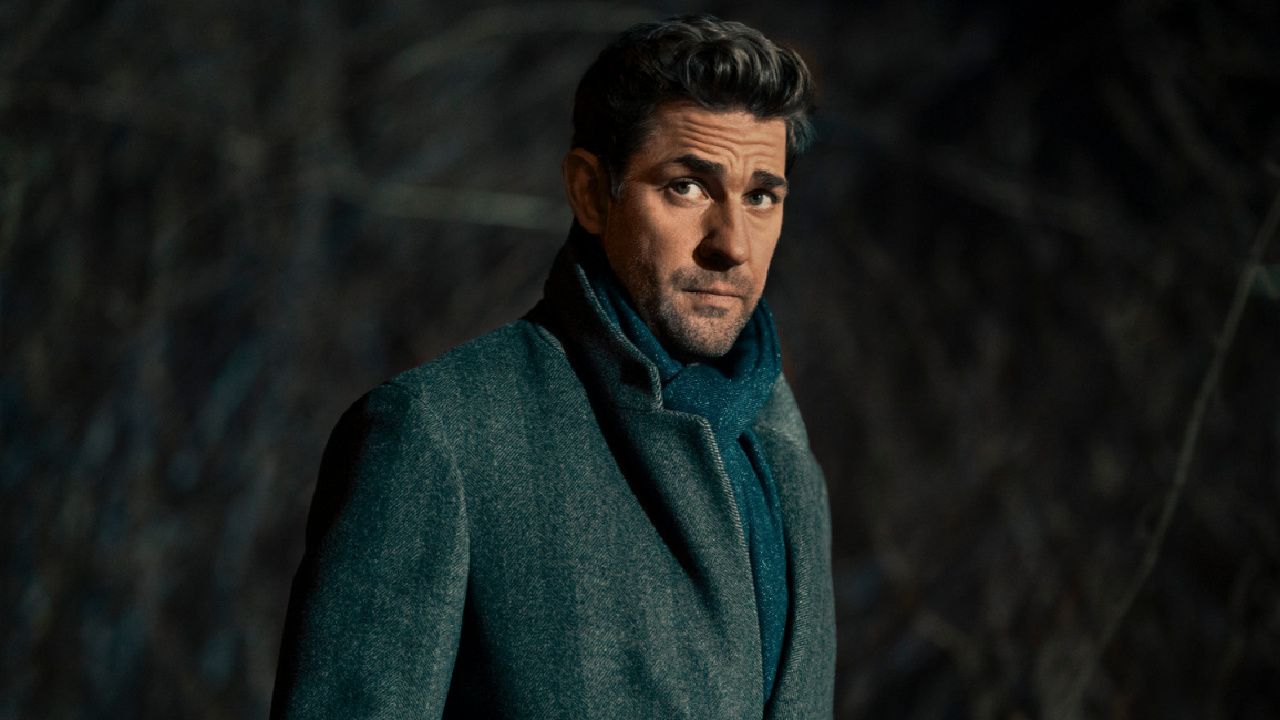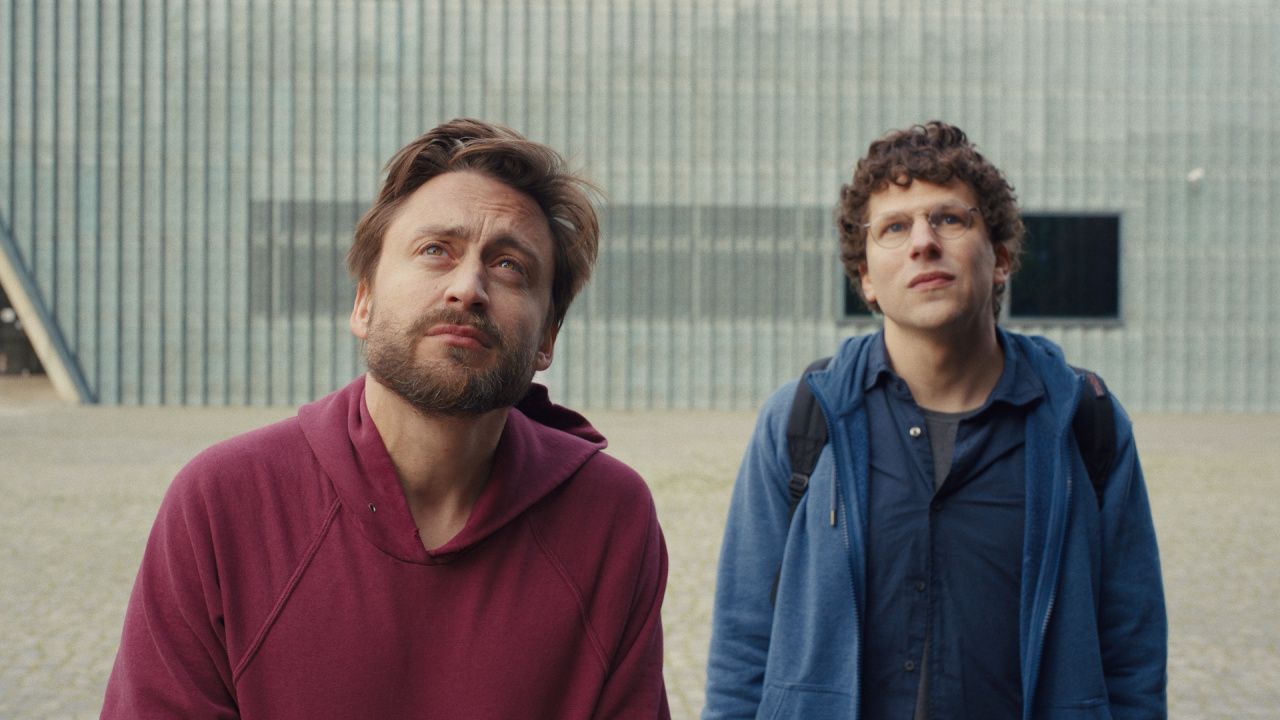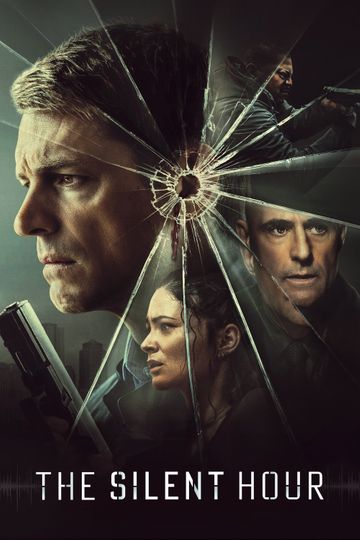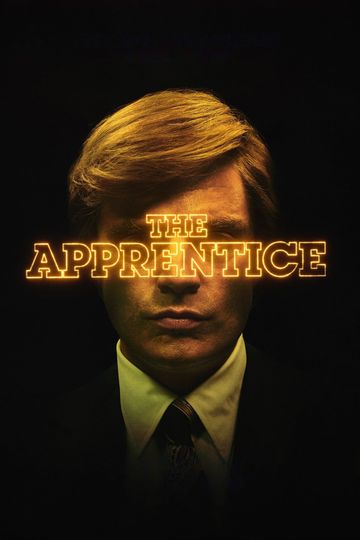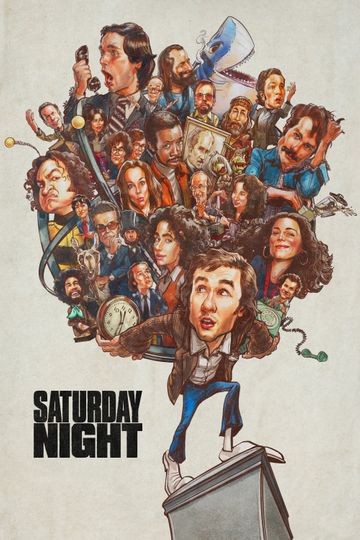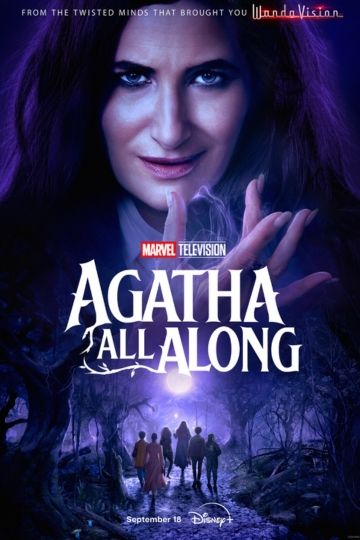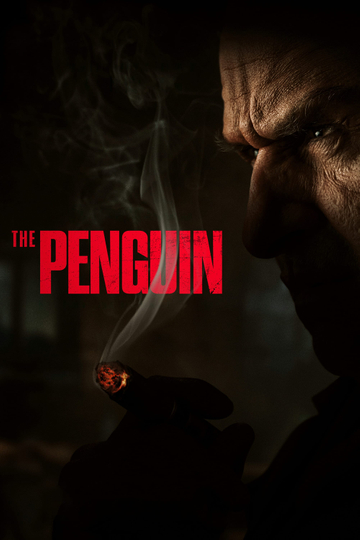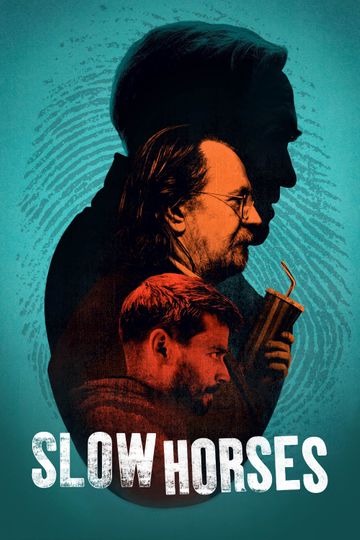Meet Sarah Gadon, Hollywood's Rising Star of Literary Adaptations
Sarah Gadon's not your average Hollywood "It Girl," but she's quickly emerging as one of the most interesting new faces in film and television.
Maybe it's the fact that the well-read Canadian actress, who's been acting since childhood, already had more than passing familiarities with the novels from a diverse array of authors -- Phillip Roth, 11.22.63," based on King's bestseller; and Netflix's upcoming miniseries "Alias Grace," taken from Atwood's novel inspired by the real-life 1843 murders allegedly committed by Canadian maid Grace Marks, who conviction sparked much controversy and debate over her guilt or innocence.
As her star continues to rise, Gadon chatted with Moviefone about her increasingly high-profile career in front of the camera, as well as her aspirations behind the scenes.
Moviefone: I'm sure that "Indignation" is a movie that you want to keep spreading the gospel about, and I know it was something important to you. Tell me what was the great pleasure for you in the making of it, and then in seeing the finished product.
Sarah Gadon: I think the main thing that I was most attracted to when the project came my way was working with James Schamus, because he's such a legend in the indie film world, and especially in the American independent film world. To be able to be a part of his first feature film that he was ever going to direct would be something very special.
And then, I think, when I arrived in New York and I got to meet the whole team, all the department heads and Logan [Lerman], I knew that James had really cultivated a group of very special, like-minded people who had a lot of passion for the project and just wanted to make a unique film, and that doesn't always happen.
So it was just a really wonderful experience for me because the text is so rich, Logan is such an incredible actor and scene partner, and James is just a pleasure at every kind of step of the way, every step of the process, from rehearsal to the direction, to even the release of the film.
Tell me what you appreciated about that very specific Philip Roth world. What about that appeals to you?
I thought it was a really timely film to make. Even though it's set in the '50s, it's set at a very tense political time in a America, and I thought it really echoed kind of what was happening currently in the United States, in terms of politics.
And it was essentially a book about what happens to the brightest minds of America when they can't fit in and they question power structures and figures of authority. What does society do to them? How are they punished and how are they treated? So even though it was a novel that is specific to that time, it's so relevant today, and I think that James is very aware of that when he's making the film.
You've been exploring different corners of the 20th century in your last several projects, including Stephen King's "11.22.63" on Hulu. What's been interesting and intriguing to you to wrap your head around these specific eras that you've been playing in, and comparing and contrasting them to the life you lead yourself today?
It's a good question. I think that I've been really lucky to work in all these different worlds, which is really what you hope for as an actor, is to be challenged. So I've been able to play people in different countries and in many different times in history. And that's always a really fun thing for me because it involves a lot of research and detail.
It goes beyond just the emotional impulse that you might have as an actor, because you kind of have to qualify that impulse and how it fits into that time period and that ideological structure of that time period, and I find that really interesting. I feel also like I've been really lucky to play a number of different progressive women, or women who have been challenged by whatever the standards of normal are.
So that's been really interesting for me as a woman to also kind of be able to play progressive women, or women who are challenging, the kind of power structures of their time, but at the same time also being a contemporary woman and realizing how far we've come.
You've got another character in "Alias Grace" who seems very challenged by the world around her. Tell me what was the challenge for you that you saw in that project, and why were you excited to take on Grace Marks?
I think because she was a real person, and because the incredible tragic series of events that happened to her that made her extremely famous and well-known, almost notorious, and then also iconic. There are so many different versions of her story and versions of her personality, and to be able to unlock that, and humanize her, and explore the different sides to her was a really interesting thing and a big reason why I wanted to do the project.
There's so much great female talent involved in that project. Tell me what that meant to you to be able to collaborate together, beginning with Margaret Atwood's book, to writer-producer Sarah Polley to director Mary Harron behind the camera. Why was that especially meaningful to you?
"Alias Grace" was definitely my favorite Margaret Atwood novel, so I was really excited to be a part of such a beloved book. Then Sarah Polley: I've known Sarah Polley since I was very young -- I was watching her for years. She's a huge talent. She's very, very smart, and her career is kind of amazing. So to be able to be a part of something that's so special to her and something that she is really helming, it's an honor.
Then Mary Harron and I have worked together, and she's this incredibly smart director, also very unique, also very eccentric. I just feel like Sarah has cultivated this team of really incredible, smart women. I just feel really lucky to be a part of it.
This past year has been kind of an amazingly high watermark for you professionally. Tell me what it's like to kind of get into the gear you've been in for the last year or so.
I feel really lucky to just kind of be working with the level of talent that I've been able to work with in the past year or two. I also feel extremely stimulated and very challenged, more so than I ever have at any point in my career. So it's exciting, and overwhelming, and gratifying, and challenging, and tough, and I'm really happy that I'm at this point right now.
You and I spoke earlier this year for "11.22.63," and you mentioned then that you were interested in other creative outlets in film and television. Have you found anything that you're working on to get behind the camera, either as a producer, director or writer?
Yeah. I'm producing a short film at the end of this year. It's with bravoFACT, which is a Canadian grant system. So I'm producing that at the end of the year. I'm starting small and just kind of exploring different sides of the business. It's nice that I'm able to do both right now. I'm really happy about that, too.
One of the other projects I see you've got coming up that seems really interesting just on the cast alone, "The Death and Life of John F. Donovan." Tell me where you fit in that little pantheon of great actors -- Thandie Newton, Jessica Chastain, Natalie Portman, Kit Harington, Susan Sarandon ...
Yeah. I shot that before I started "Alias Grace." The film is kind of about an actor and his unraveling. I play another actor who works with him in this show that he's in that he's very famous for. So it was a pleasure to work with Kit Harington. He's fantastic. I think he's going to be fantastic in the film.
It was the experience of a lifetime working with Xavier [Dolan, the writer-director]. So special. He's so important to filmmaking right now. He's so important to Canadian filmmaking right now. He really is just one of the most neat people I've ever worked with. It was like working with like Robert Altman and Bob Fosse at the same time. I'm really happy that I was able to be a part of his kind of circus.
What are the goals that you've got immediately in front of you? Are there certain types of roles or genres that you're dying to take a swing at? Do you have an idea of what the next things you want to accomplish are?
Yeah. I have a week and a half left of "Alias Grace," and it's been a very intense, big project so I'm looking forward to finishing it. But before I took on the role with James Schamus, he was like, "I know you studied film. I know you're always chasing your directors, but you really need to chase roles."
I really feel like that was a big reason why I wanted to do "Alias Grace," this massive character exploration. I think I'm going to maybe keep following that impulse for a while and just try and find really unique characters that I can kind of play.
